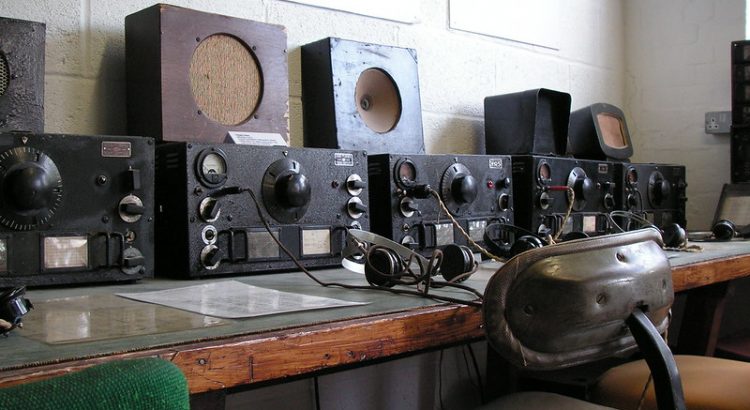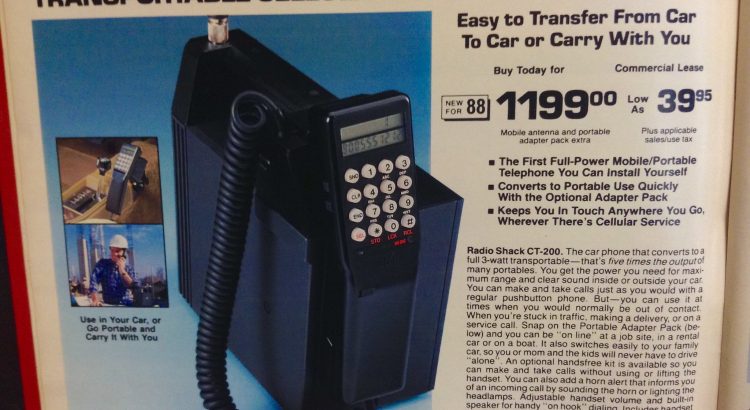If you’re already interested in electronics or computer hardware, you might also be interested in Amateur (or “Ham”) Radio 📻.
Amateur Radio operators can transmit on radio frequencies across short distances (in your local village, town or city), medium distances (from one city to the next), long distances (from one country to another) or even very long distances (to the International Space Station, or bouncing signals off the moon, meteors or asteroids). You can send Morse Code, computer data, “normal” voice signals, or even TV style signals.
There are competitions, to see who can make the most contacts on various bands, or in specific operating conditions. You can exchange contact (QSO) cards with operators in other countries, or you may train for, and later support authorities during emergency situations. There are also radio clubs, rallies and there’s lobby groups for operators to preserve and extend transmission rights for operators. Oh, and you might even talk to someone in your town when you can’t speak to them face-to-face 😀!
How do you become an Amateur Radio Operator?
To be an Amateur Radio operator you are issued a license from your local licensing body (OFCOM in the UK, FCC in the US, etc) which includes an internationally recognised callsign. You don’t have to know Morse Code (although, you may wish to – it’s a particularly effective mode for long-distance communications) – you don’t even have to talk (there are computer encoded transmissions), but the range and bredth of options for operation are quite large and well worth a poke at, particularly if you have an outgoing personality, or are just interested in how radios work!
What do you have to do to get issued a license?
To become a licensed Radio Amateur in the UK you must first pass the “Foundation” exam to prove you have knowledge of basic technologies and conditions of your license. You can then buy and operate radio equipment. If you want to create your own equipment, you need to at least pass the “Intermediate” exam (with a practical assessment, where you must build a circuit, and another paper exam on your knowledge of technologies and conditions). Once you have passed the “Full” exam, you can then operate on a wider range of bands, modes and power levels. You may wish to talk several levels of these exams at once, for example, if you’re particularly confident and competent with electronics already – you may sit both the Foundation and Intermediate exams at the same time.
Other countries have similar exam levels and stages, but usually with different titles, rules and restrictions.
Want to know more?
- If you’re in the UK, there’s a page maintained by the Radio Society of Great Britian (RSGB) (our representative body) on where to find clubs that can train you, or perform your examination.
- In the US, there’s the Amateur Radio Relay League (ARRL) who also have a page to help you find classes.
- In Australia, there’s the Wireless Institute of Australia (WIA) who also represent Amateur Radio Operators. They don’t appear to have a page of classes, however.
73 (that means “Best Wishes”), Jon G7VRI
Featured image is “Radios” by “Matt Gibson” on Flickr and is released under a CC-BY license.

